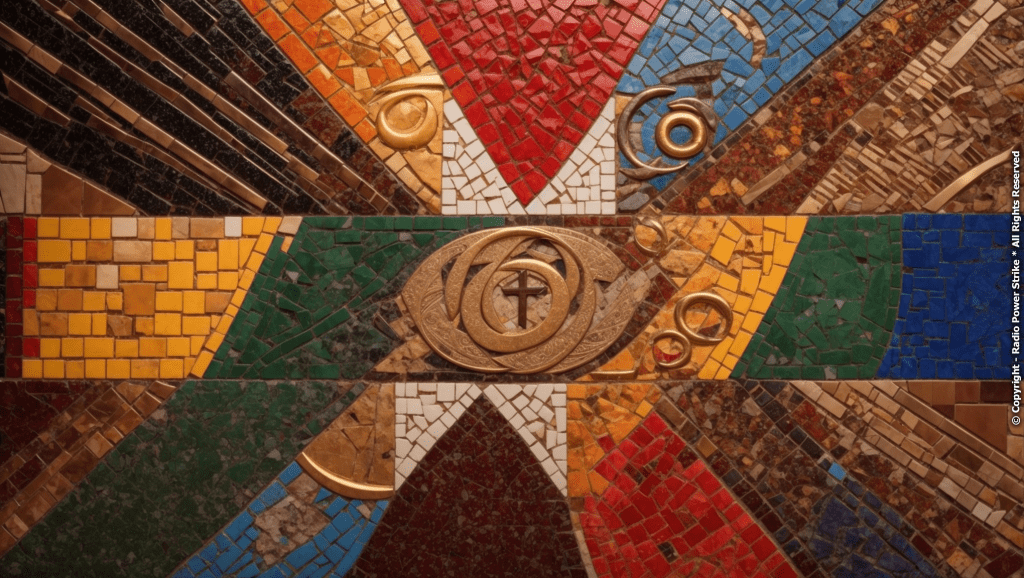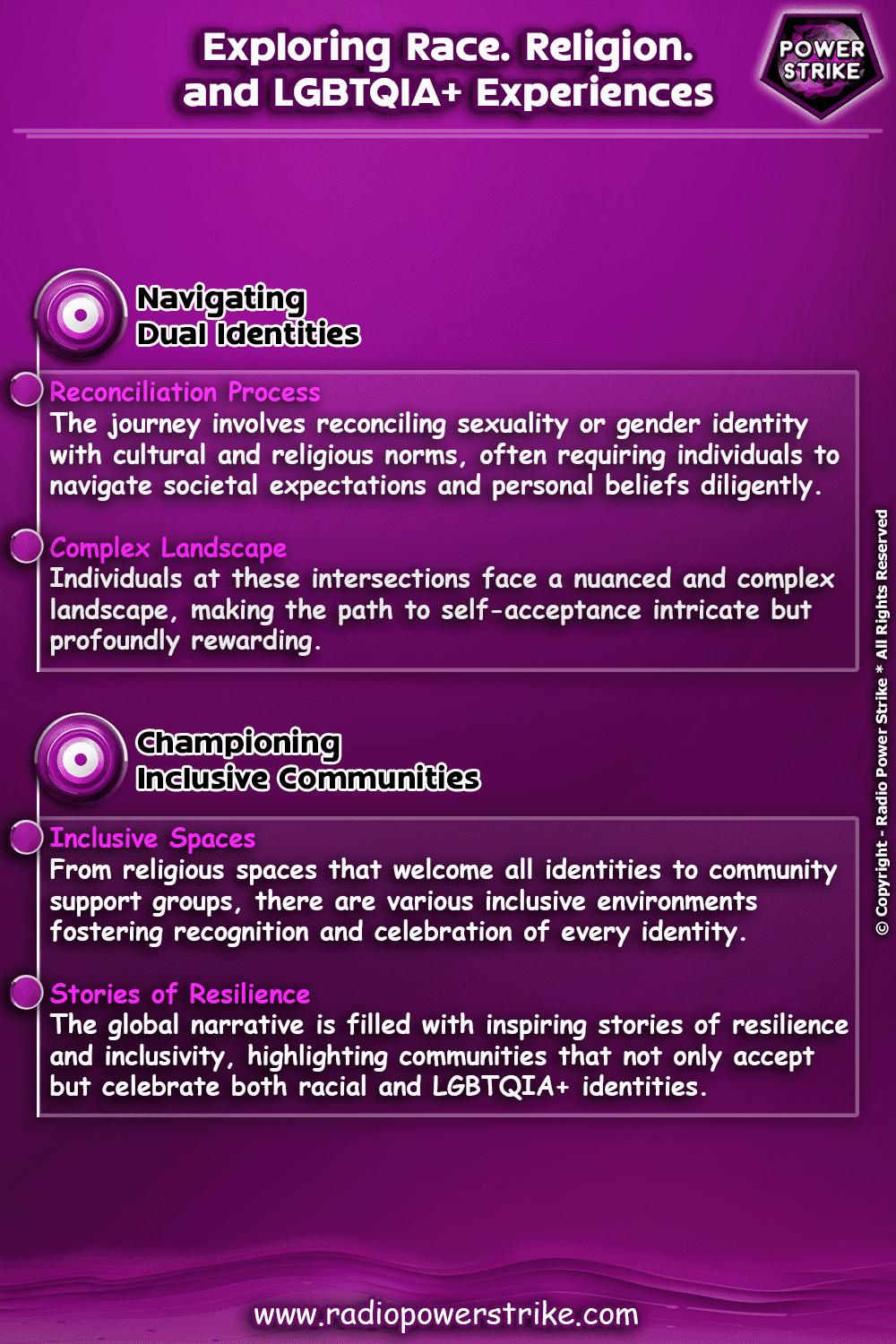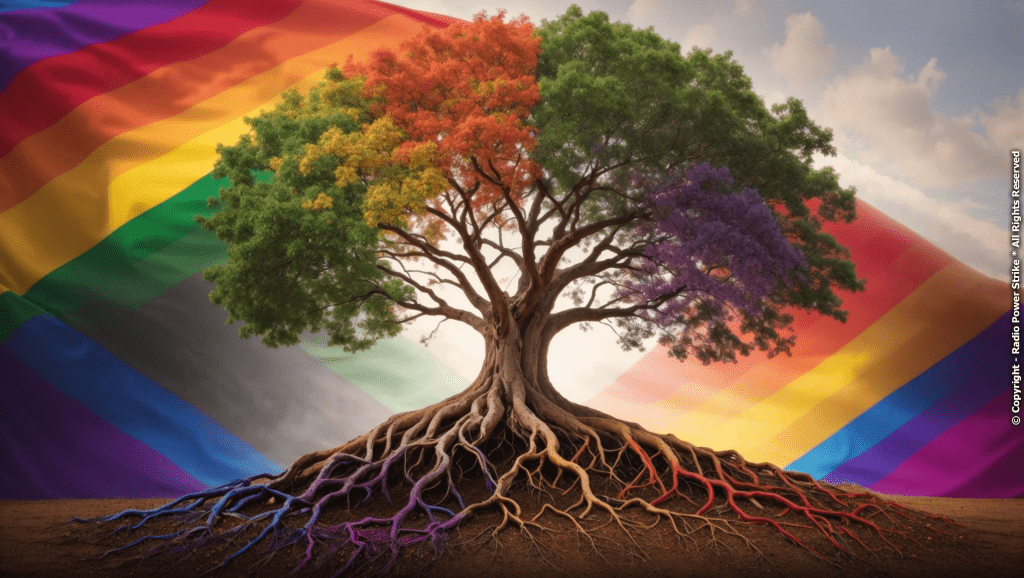Intersecting Identities: Exploring Race, Religion, and LGBTQIA+ Experiences
The Multifaceted Journey of Identity: Navigating the Crossroads of Race, Faith, and Sexuality

In the vast spectrum of human identity, intersections of race, religion, and LGBTQIA+ experiences create a unique mosaic of challenges, triumphs, and narratives. These intersections often amplify the complexities of navigating societal expectations, personal beliefs, and self-acceptance. This article seeks to shed light on the multifaceted journey of individuals who find themselves at the crossroads of these intersecting identities, exploring the resilience and strength they embody.
The Complexity of Dual Identities
For many, identifying as both a racial or religious minority and as a member of the LGBTQIA+ community can be a double-edged sword. On one hand, there’s the rich cultural heritage and deep-rooted traditions that shape one’s worldview. On the other, there’s the challenge of reconciling one’s sexuality or gender identity with societal or religious norms.
For instance, a Muslim individual identifying as queer might grapple with interpretations of religious texts, while a Black gay man in the U.S. might face both racial and homophobic prejudices, reminiscent of the challenges faced by figures like Bayard Rustin, a key advisor to Martin Luther King Jr. and openly gay man. These dual identities can sometimes feel conflicting, but they also offer a unique perspective, blending diverse experiences into a rich personal narrative.
Religion, Race, and Acceptance
Religion, for many, offers a sense of belonging and spiritual guidance. However, traditional religious teachings in some faiths might not always align with LGBTQIA+ identities. This can lead to feelings of alienation or the fear of ostracization from one’s faith community.
For example, the Metropolitan Community Church (MCC), founded by Rev. Troy Perry in the U.S., has been a beacon of hope for many LGBTQIA+ individuals seeking spiritual solace. Established in 1968, MCC was one of the first-ever Christian denominations to cater specifically to the needs of the LGBTQIA+ community, challenging traditional religious norms.
Conversely, racial identity can also play a significant role. In some cultures, there’s immense pride in communal unity, and any deviation from the norm, including LGBTQIA+ identities, might be seen as a betrayal or a source of shame. This can lead to internalized prejudices and a prolonged struggle for self-acceptance.
However, across the globe, there are countless stories of resilience. From LGBTQIA+ inclusive mosques in Canada to Afro-Latinx queer communities in Brazil celebrating their heritage, spaces are being reclaimed and redefined. These stories highlight the evolving nature of both religious and racial communities, as they move towards greater inclusivity and understanding.

The Power of Shared Narratives
Sharing stories of intersecting identities can be a powerful tool for change. For instance, the documentary “Paris is Burning” highlighted the lives of Black and Latinx drag queens in New York during the 1980s, shedding light on the intersections of race, gender, and sexuality. These narratives not only offer solace to those who identify with them but also educate and enlighten others.
Moreover, community support groups like the “It Gets Better Project” have emerged, offering safe spaces for individuals to explore and embrace their intersecting identities. These spaces not only provide solace but also empower individuals to advocate for broader societal change.
The intricate journey of individuals with intersecting identities of race, religion, and LGBTQIA+ experiences is a testament to the resilience of the human spirit. With examples like the MCC, inclusive mosques, and powerful documentaries, it’s evident that society is slowly but surely moving towards a more inclusive future. As we continue to amplify these narratives, we foster a world where every intersection of identity is celebrated and embraced.

Glossary
Intersecting Identities
Overlapping social identities contributing to unique experiences of privilege and oppression.
LGBTQIA+
Acronym for lesbian, gay, bisexual, transgender, queer or questioning, intersex, and asexual or allied individuals.
Metropolitan Community Church (MCC)
Inclusive Christian denomination founded in 1968, catering to the LGBTQIA+ community.
Internalized Prejudices
Involuntary belief in negative stereotypes about one’s social group.
Afro-Latinx
Individuals of African descent in Latin America or those identifying with both African and Latin American heritage.
Frequently Asked Questions
What challenges do individuals with intersecting identities face?
Individuals navigate complex societal expectations, personal beliefs, and self-acceptance processes, facing unique privilege and oppression due to their intersecting identities.
How does religion impact LGBTQIA+ individuals with dual identities?
Religion may cause feelings of alienation or ostracization for LGBTQIA+ individuals if religious teachings do not align with their identities.
What role does race play in LGBTQIA+ individuals’ experiences?
Racial identity can lead to perceptions of betrayal or shame within communities, resulting in internalized prejudices and self-acceptance struggles for LGBTQIA+ individuals.
How do shared narratives empower those with intersecting identities?
Shared stories offer solace, education, and enlightenment, promoting understanding and inclusivity for individuals with intersecting identities.
Why is the Metropolitan Community Church significant?
MCC challenges traditional religious norms, offering spiritual solace to the LGBTQIA+ community since its establishment in 1968.
How are communities evolving towards inclusivity?
Inclusive religious spaces, support groups, and media representations are growing, highlighting the resilience and diversity of those with intersecting identities.
Why celebrate and embrace intersecting identities?
Celebrating intersecting identities fosters an inclusive and understanding society where every identity aspect is recognized and valued.

Comments are closed, but trackbacks and pingbacks are open.